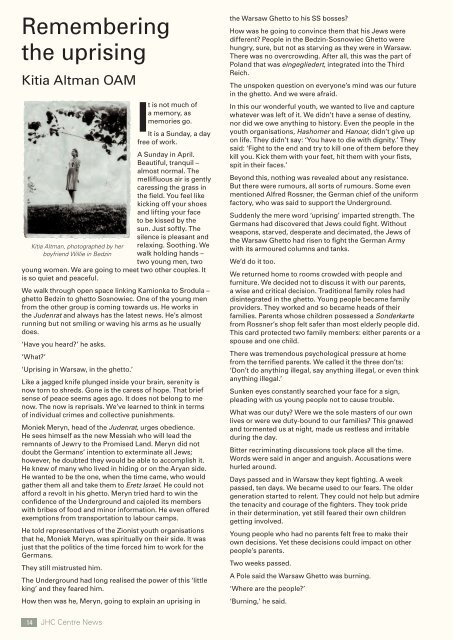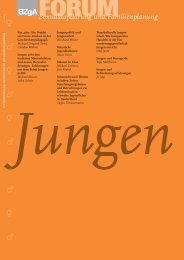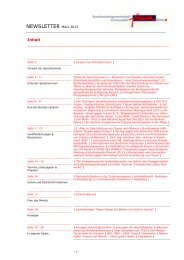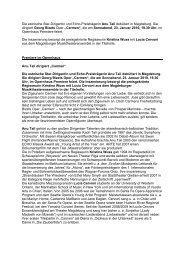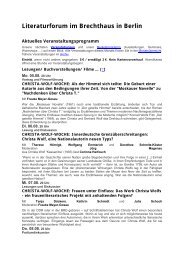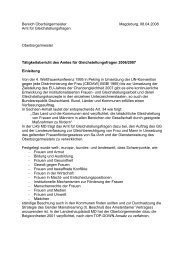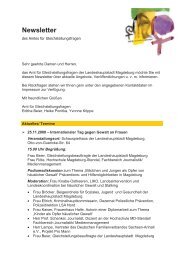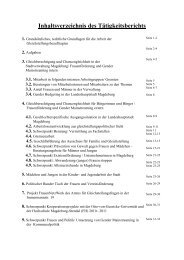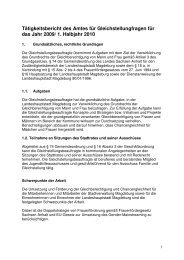Raoul Wallenberg becomes Australia's first honorary citizen
Raoul Wallenberg becomes Australia's first honorary citizen
Raoul Wallenberg becomes Australia's first honorary citizen
You also want an ePaper? Increase the reach of your titles
YUMPU automatically turns print PDFs into web optimized ePapers that Google loves.
Remembering<br />
the uprising<br />
Kitia Altman OAM<br />
Kitia Altman, photographed by her<br />
boyfriend Willie in Bedzin<br />
It is not much of<br />
a memory, as<br />
memories go.<br />
It is a Sunday, a day<br />
free of work.<br />
A Sunday in April.<br />
Beautiful, tranquil –<br />
almost normal. The<br />
mellifluous air is gently<br />
caressing the grass in<br />
the field. You feel like<br />
kicking off your shoes<br />
and lifting your face<br />
to be kissed by the<br />
sun. Just softly. The<br />
silence is pleasant and<br />
relaxing. Soothing. We<br />
walk holding hands –<br />
two young men, two<br />
young women. We are going to meet two other couples. It<br />
is so quiet and peaceful.<br />
We walk through open space linking Kamionka to Srodula –<br />
ghetto Bedzin to ghetto Sosnowiec. One of the young men<br />
from the other group is coming towards us. He works in<br />
the Judenrat and always has the latest news. He’s almost<br />
running but not smiling or waving his arms as he usually<br />
does.<br />
‘Have you heard?’ he asks.<br />
‘What?’<br />
‘Uprising in Warsaw, in the ghetto.’<br />
Like a jagged knife plunged inside your brain, serenity is<br />
now torn to shreds. Gone is the caress of hope. That brief<br />
sense of peace seems ages ago. It does not belong to me<br />
now. The now is reprisals. We’ve learned to think in terms<br />
of individual crimes and collective punishments.<br />
Moniek Meryn, head of the Judenrat, urges obedience.<br />
He sees himself as the new Messiah who will lead the<br />
remnants of Jewry to the Promised Land. Meryn did not<br />
doubt the Germans’ intention to exterminate all Jews;<br />
however, he doubted they would be able to accomplish it.<br />
He knew of many who lived in hiding or on the Aryan side.<br />
He wanted to be the one, when the time came, who would<br />
gather them all and take them to Eretz Israel. He could not<br />
afford a revolt in his ghetto. Meryn tried hard to win the<br />
confidence of the Underground and cajoled its members<br />
with bribes of food and minor information. He even offered<br />
exemptions from transportation to labour camps.<br />
He told representatives of the Zionist youth organisations<br />
that he, Moniek Meryn, was spiritually on their side. It was<br />
just that the politics of the time forced him to work for the<br />
Germans.<br />
They still mistrusted him.<br />
The Underground had long realised the power of this ‘little<br />
king’ and they feared him.<br />
How then was he, Meryn, going to explain an uprising in<br />
the Warsaw Ghetto to his SS bosses?<br />
How was he going to convince them that his Jews were<br />
different? People in the Bedzin-Sosnowiec Ghetto were<br />
hungry, sure, but not as starving as they were in Warsaw.<br />
There was no overcrowding. After all, this was the part of<br />
Poland that was eingegliedert, integrated into the Third<br />
Reich.<br />
The unspoken question on everyone’s mind was our future<br />
in the ghetto. And we were afraid.<br />
In this our wonderful youth, we wanted to live and capture<br />
whatever was left of it. We didn’t have a sense of destiny,<br />
nor did we owe anything to history. Even the people in the<br />
youth organisations, Hashomer and Hanoar, didn’t give up<br />
on life. They didn’t say: ‘You have to die with dignity.’ They<br />
said: ‘Fight to the end and try to kill one of them before they<br />
kill you. Kick them with your feet, hit them with your fists,<br />
spit in their faces.’<br />
Beyond this, nothing was revealed about any resistance.<br />
But there were rumours, all sorts of rumours. Some even<br />
mentioned Alfred Rossner, the German chief of the uniform<br />
factory, who was said to support the Underground.<br />
Suddenly the mere word ‘uprising’ imparted strength. The<br />
Germans had discovered that Jews could fight. Without<br />
weapons, starved, desperate and decimated, the Jews of<br />
the Warsaw Ghetto had risen to fight the German Army<br />
with its armoured columns and tanks.<br />
We’d do it too.<br />
We returned home to rooms crowded with people and<br />
furniture. We decided not to discuss it with our parents,<br />
a wise and critical decision. Traditional family roles had<br />
disintegrated in the ghetto. Young people became family<br />
providers. They worked and so became heads of their<br />
families. Parents whose children possessed a Sonderkarte<br />
from Rossner’s shop felt safer than most elderly people did.<br />
This card protected two family members: either parents or a<br />
spouse and one child.<br />
There was tremendous psychological pressure at home<br />
from the terrified parents. We called it the three don’ts:<br />
‘Don’t do anything illegal, say anything illegal, or even think<br />
anything illegal.’<br />
Sunken eyes constantly searched your face for a sign,<br />
pleading with us young people not to cause trouble.<br />
What was our duty? Were we the sole masters of our own<br />
lives or were we duty-bound to our families? This gnawed<br />
and tormented us at night, made us restless and irritable<br />
during the day.<br />
Bitter recriminating discussions took place all the time.<br />
Words were said in anger and anguish. Accusations were<br />
hurled around.<br />
Days passed and in Warsaw they kept fighting. A week<br />
passed, ten days. We became used to our fears. The older<br />
generation started to relent. They could not help but admire<br />
the tenacity and courage of the fighters. They took pride<br />
in their determination, yet still feared their own children<br />
getting involved.<br />
Young people who had no parents felt free to make their<br />
own decisions. Yet these decisions could impact on other<br />
people’s parents.<br />
Two weeks passed.<br />
A Pole said the Warsaw Ghetto was burning.<br />
‘Where are the people?’<br />
‘Burning,’ he said.<br />
14<br />
JHC Centre News


